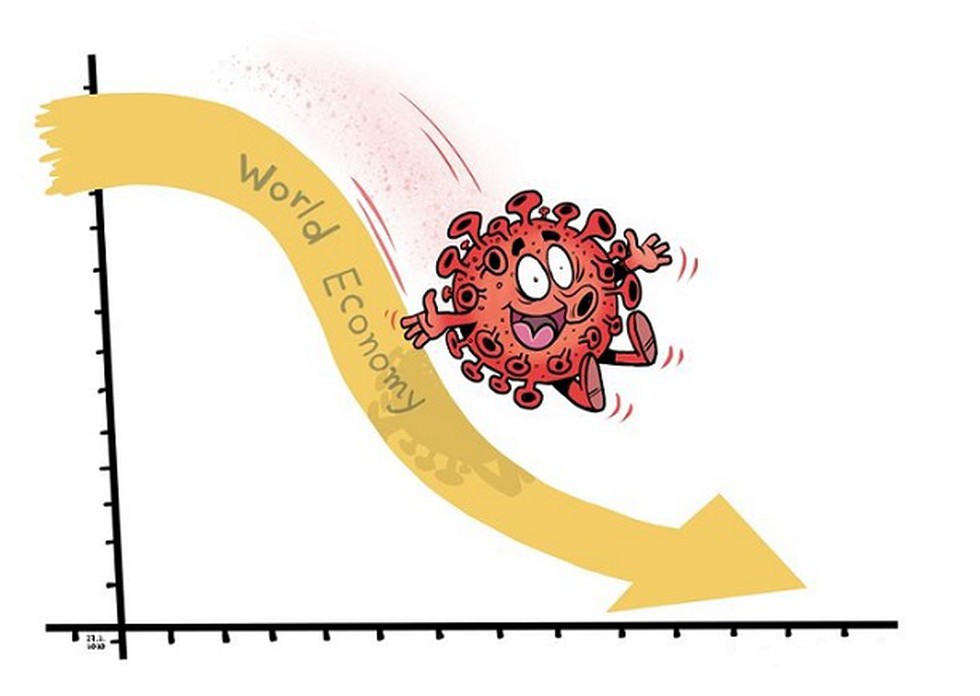About:
- WHO has prepared a manual to guide the rapid risk assessment of acute public health risks.
- Within this manual, the WHO characterises risk of spread and impact of a disease on a scale that ranges from “low risk” to “very high” level of risk.
It defines the different characterisations of risk as follows:
- Low Risk: “Managed according to standard response protocols, routine control programmes and regulation (e.g. monitoring through routine surveillance systems)”.
- Moderate Risk: “Roles and responsibility for the response must be specified. Specific monitoring or control measures required (e.g. enhanced surveillance, additional vaccination campaigns)”.
- High Risk: “Senior management attention needed: there may be a need to establish command and control structures; a range of additional control measures will be required some of which may have significant consequences”.
- Very High Risk: “Immediate response required even if the event is reported out of normal working hours. Immediate senior management attention needed; the implementation of control measures with serious consequences is highly likely”.
